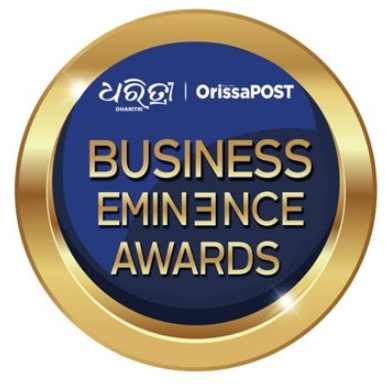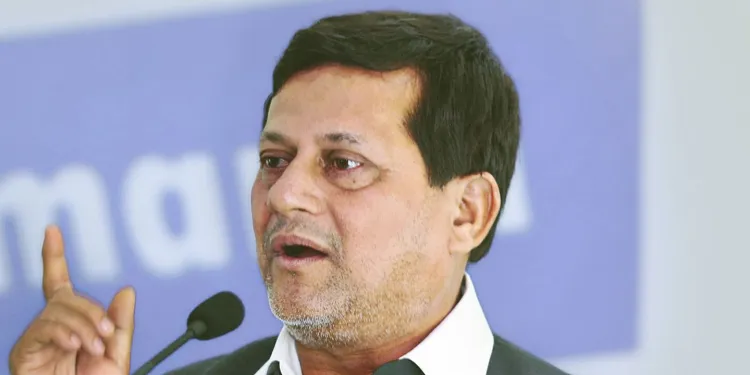Achyuta Samanta, who was born to a poor family, is now one of the biggest social entrepreneurs globally. His life story is an inspiration to all. He dedicated himself to the cause of upliftment of the poor. He is also the founder of Kalinga Institute of Industrial Technology (KIIT) and Kalinga Institute of Social Sciences (KISS), Odisha, and has been working relentlessly for zero poverty, zero hunger and zero illiteracy. During an interaction with Orissa POST, KIIT-KISS founder Achyuta Samanta shared several glimpses of his journey. Excerpts…

You say education is the third eye of a child. Can you please elaborate on this?
Education is everything to all of us. In present days, a child can’t do anything without education even though he/she has two eyes. I am the best example of the said statement. I was born to a very poor family but what I am now is because of education. It’s because of and education that the world can see me and so can I.
Why are we lagging behind in educational research and innovation as compared to other parts of the world?
Education is really the backbone of a society. When we see Europe and USA, there are universities that are much older like 1,000 or 700 years old. But in India, we have only 150-year-old universities. I believe the countries or states which have developed their educational facilities have developed themselves. These counties have strong facilities for research and innovation because they have established their strong education system. However, at present, our country and Odisha have been focusing on education.
How was concept of KIIT and KISS born?
Well, it is a long story. I started both the organisations – KIIT and KISS – in a rented house in 1992-93. So, in a sense it was a ‘startup’ venture with a capital of just Rs 5,000. When I started these organisations, I was much worse than a beggar. Now, they have reached milestones and garnered appreciations from across the world. This is nothing but God’s blessings, for what we are now! Success of KIIT and KIIS is because of my hard work and sacrifice.
You lost your father at a tender age but now you’re the ‘father’ of over 60,000 tribal kids. How do you express your feelings?
It is actually satisfying. When I lost my father, there was no one to take care, comfort, encourage or guide me. I had decided to offer that kind of support, that I never received, to poor children. And now the vision has come true. It is more satisfying and joyful experience.
Have you planned for expanding KISS?
See, about one-fourth of the tribal population of our state are majorly inhabited in 20 districts. I have a passion to bring tribal children into the mainstream through education. To accomplish that vision, we are opening KISS branches in the state. We have already opened branches in five districts and it is likely to be opened seven more districts this year. I wish to open such branches in these 20 districts.
You hail from a remote village in Cuttack but now the world knows you. What is the mantra of your success?
Many have achieved success and I’m not unique. But yes, success comes when you are focused, dedicated and embrace sacrifice in life. It is not easy to gain global popularity or achieving success in social work and education.
How much time do you devote to work every day?
Well, I work for at least 17-18 hours a day. I have been working for the past 30 years otherwise the entire thing would not have come to this position, starting from the scratch. And I am not confined to only KIIT and KISS, but I have tremendous contributions to art, culture, literature, film, media and others.
Now you are an MP. Do you think the position would help you in realising your vision?
Yes. I am a Parliamentarian because of the blessing of our Chief Minister Naveen Patnaik. I organised a job fair in Kandhamal. I invited 80 companies to participate in which around 7,000 youths received employment. I also want to eradicate poverty.
Your advice to the youth?
Youth should come forward as entrepreneurs so that they can stand for themselves and offer employment to others. The initial five years may be a difficult time but if they pursue it patiently, they will surely achieve success.
Follow Us:
